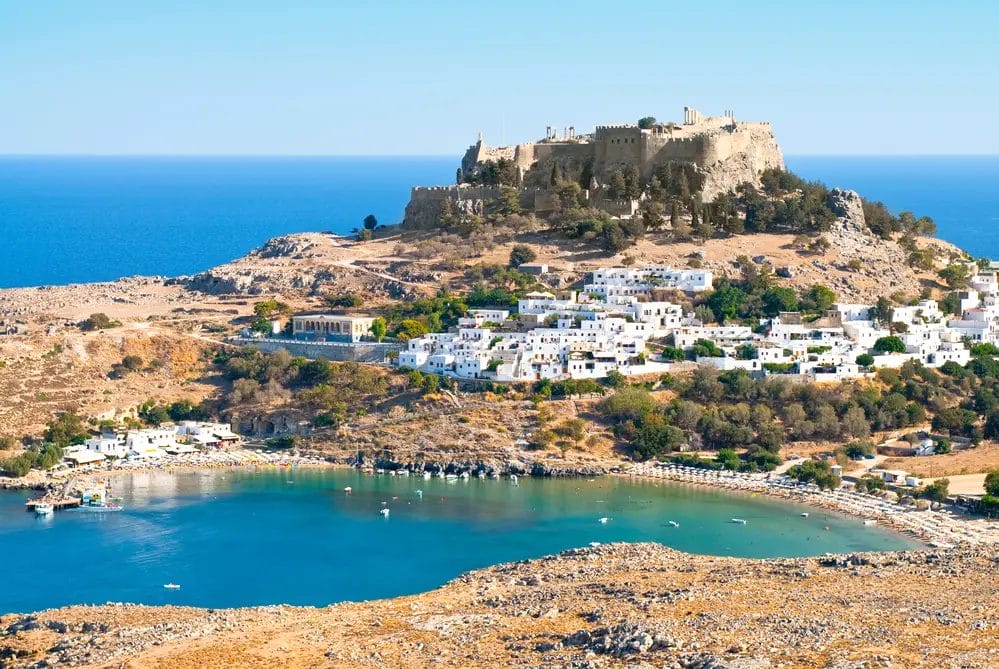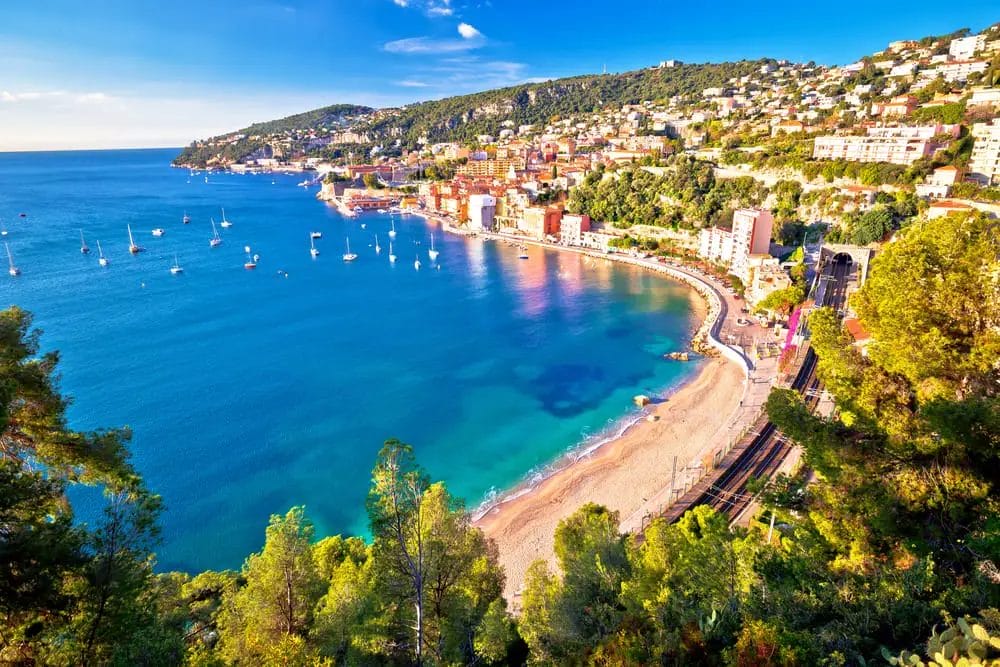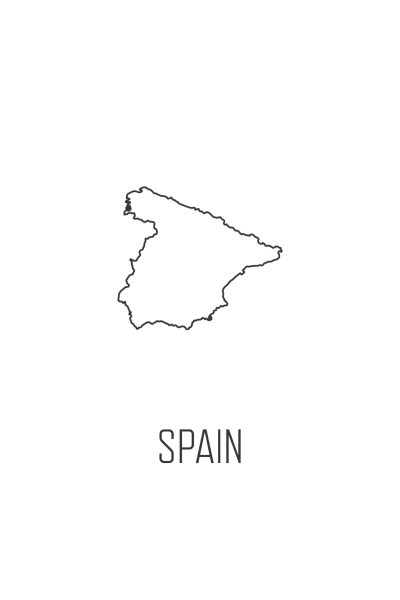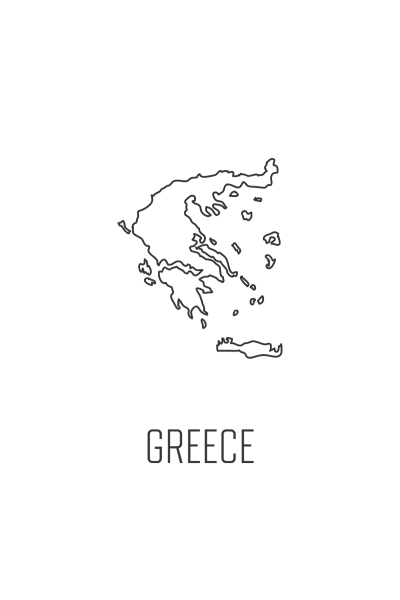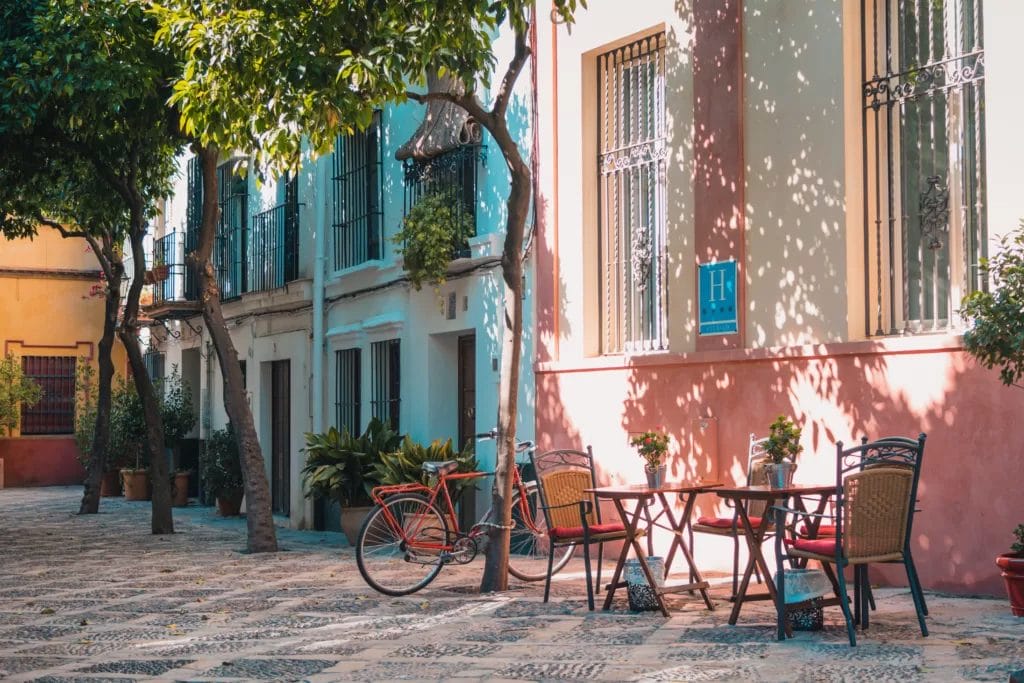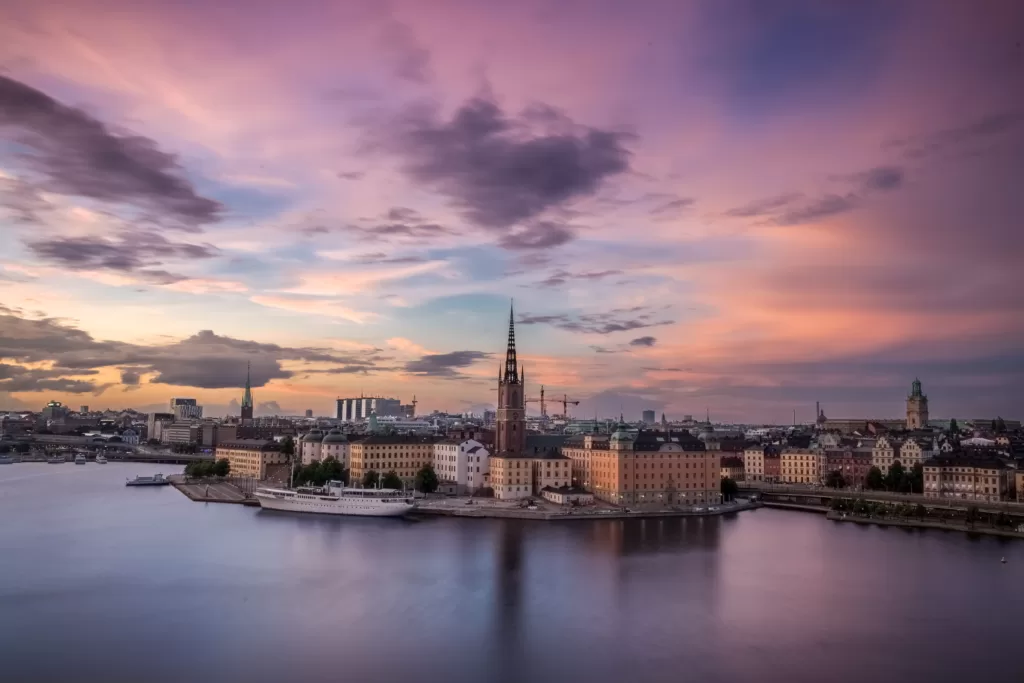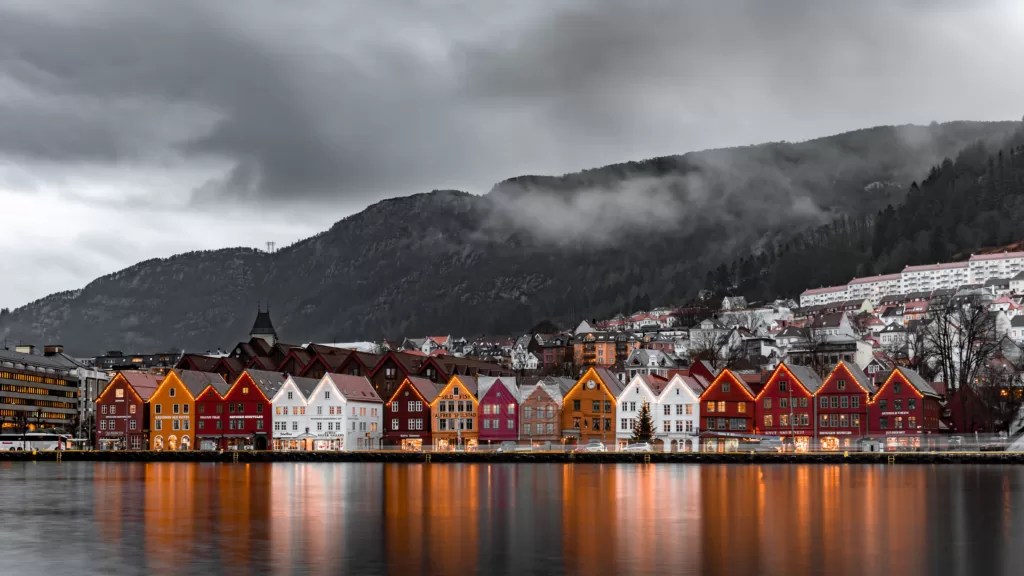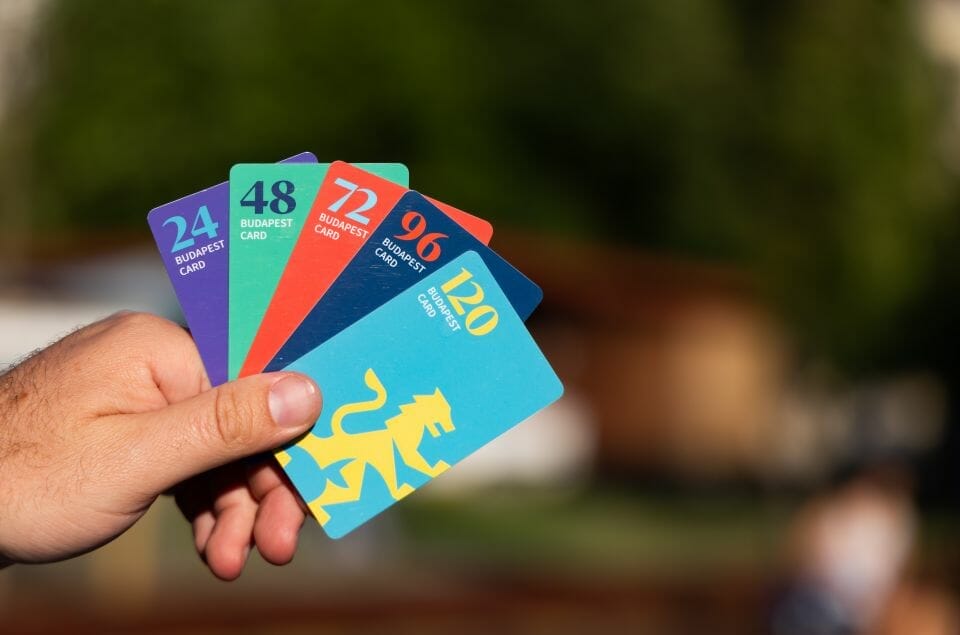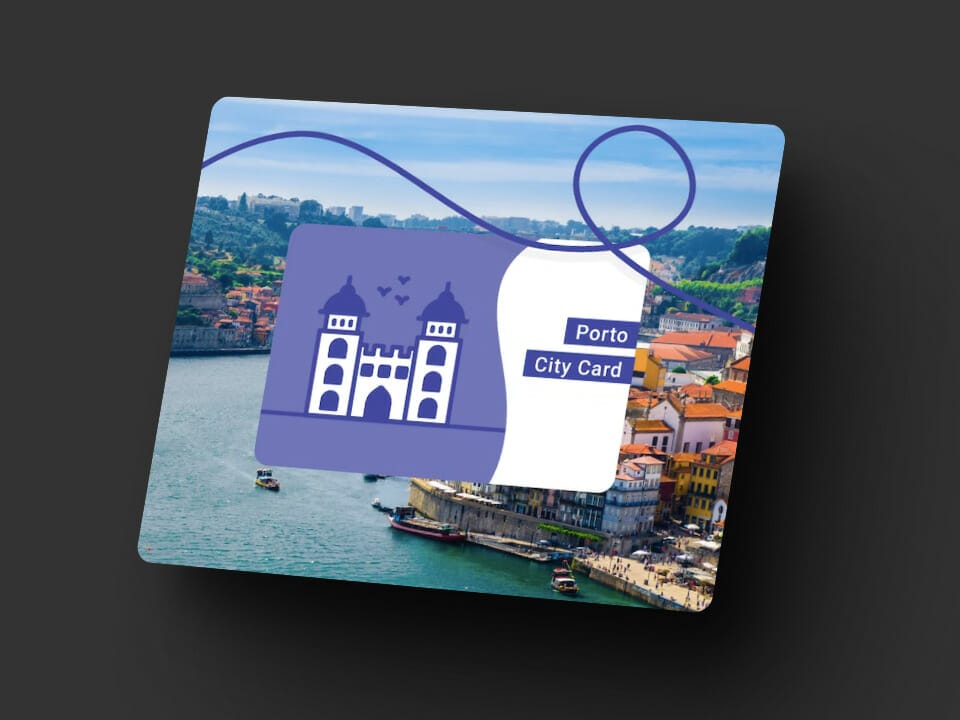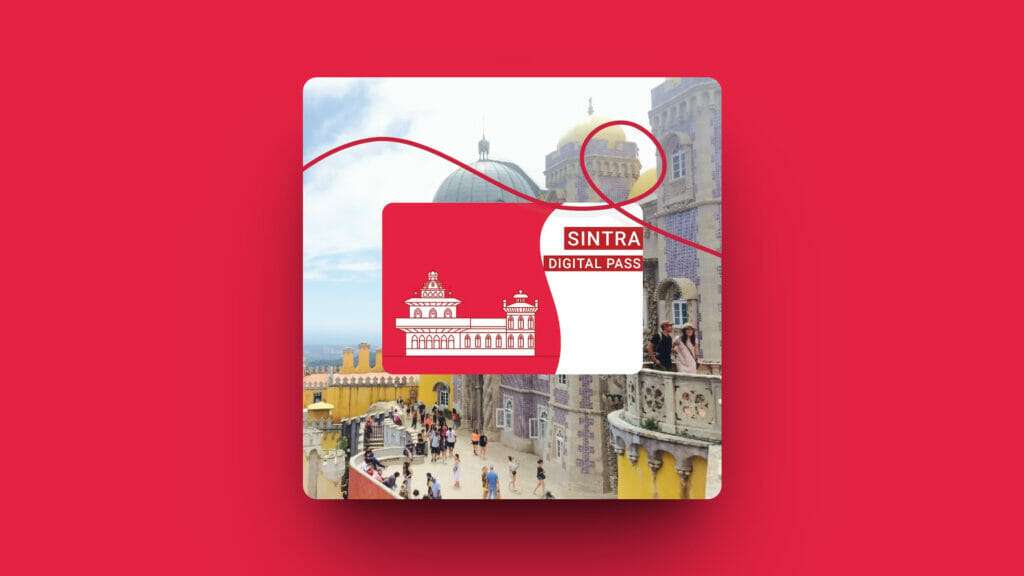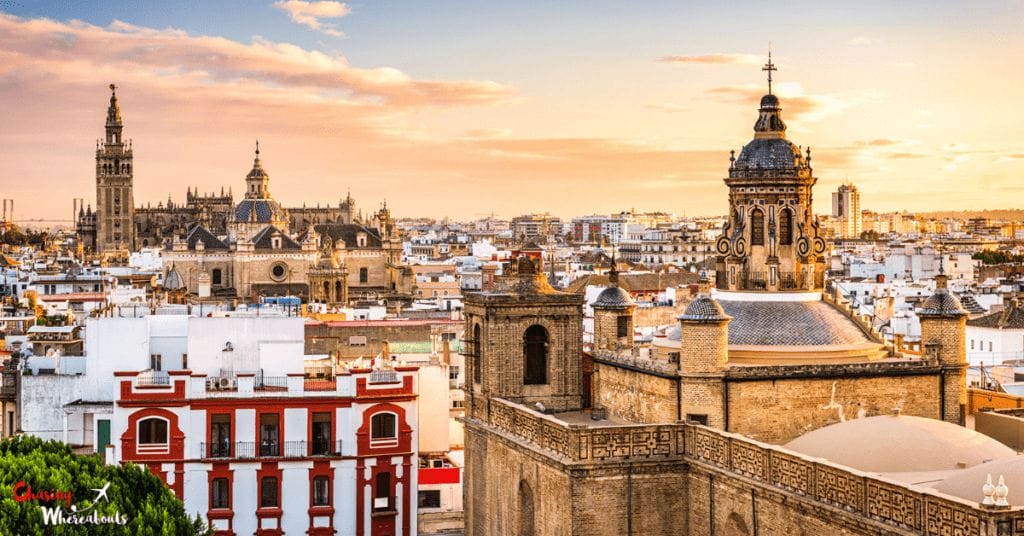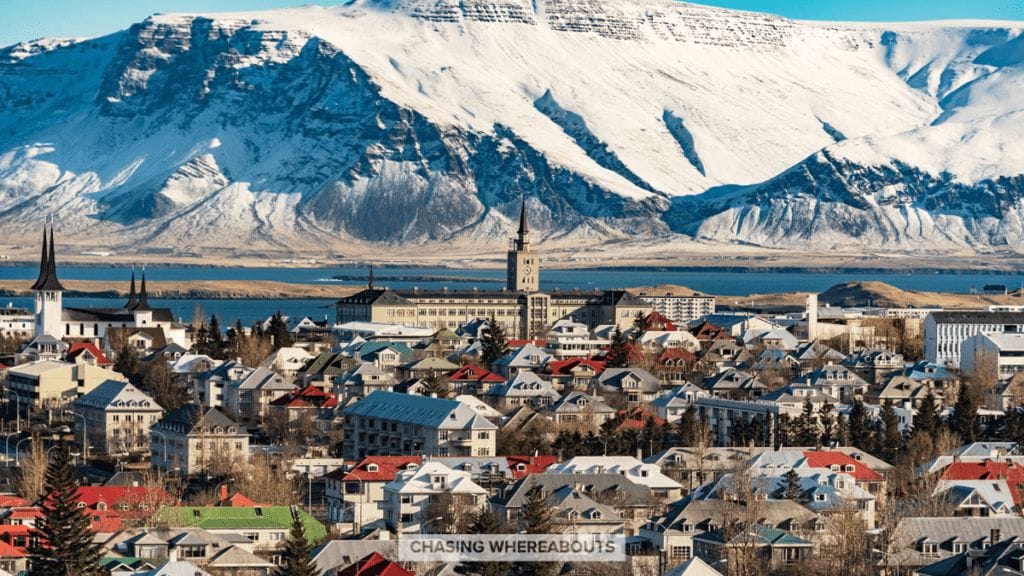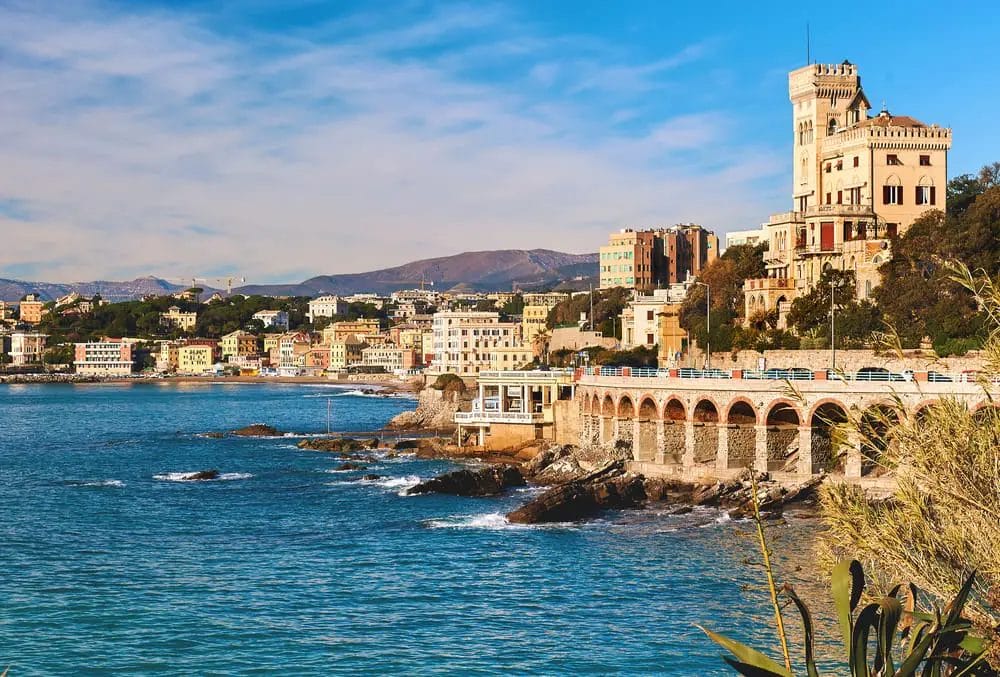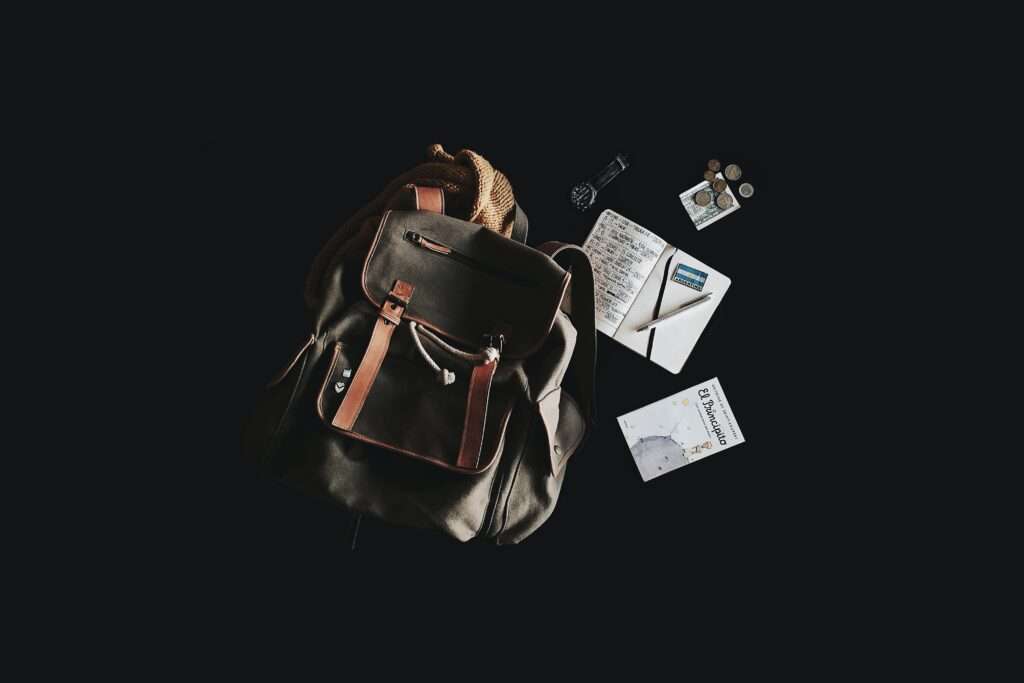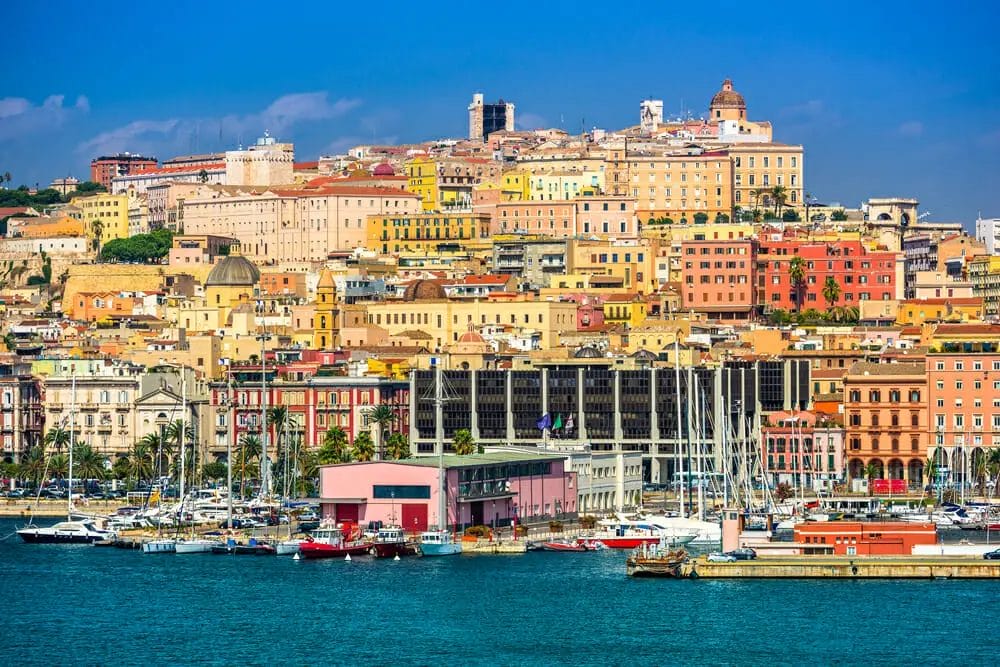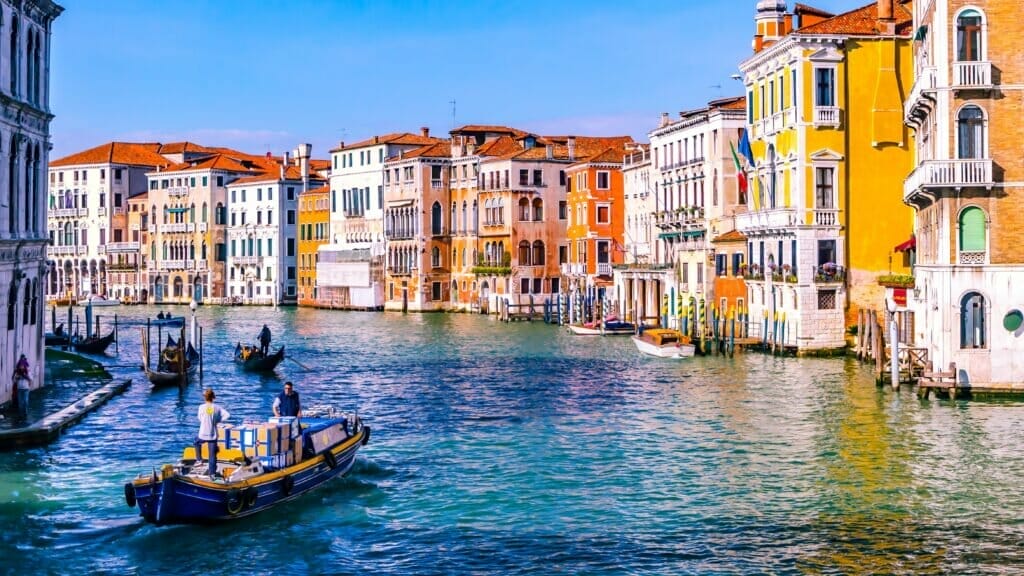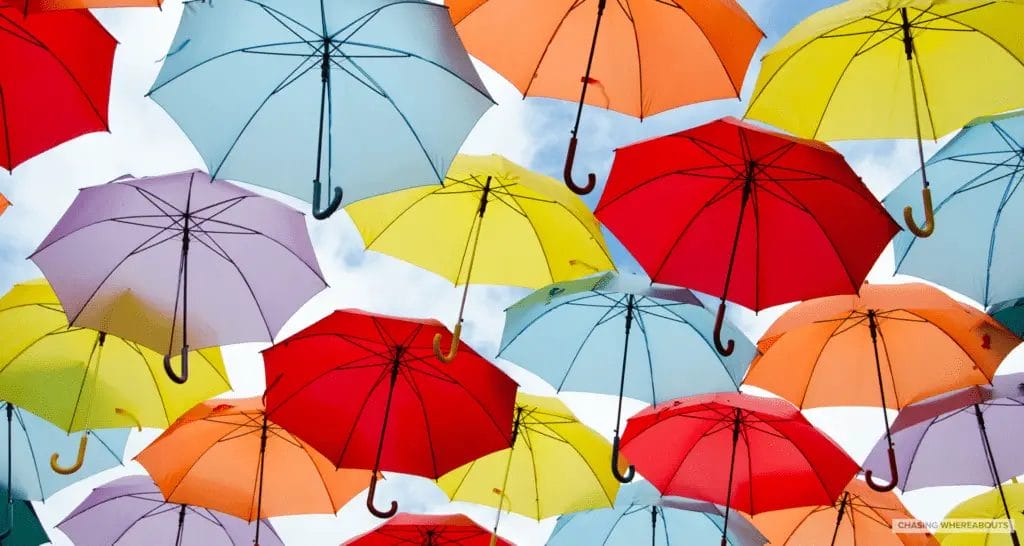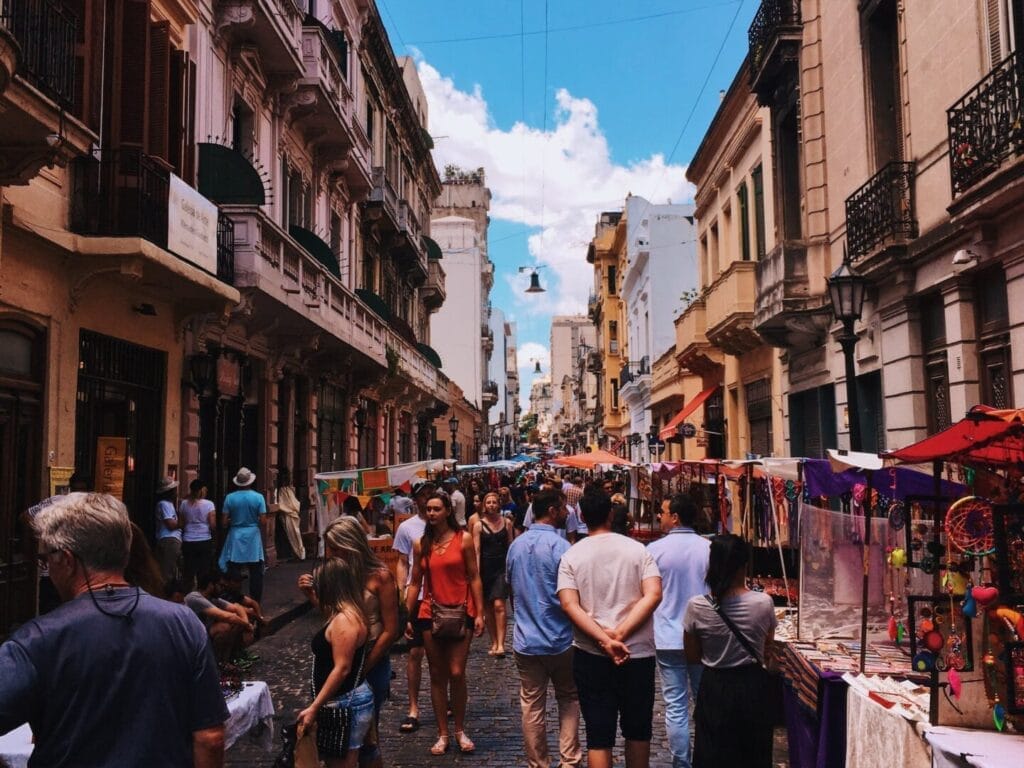Where do you want to go?
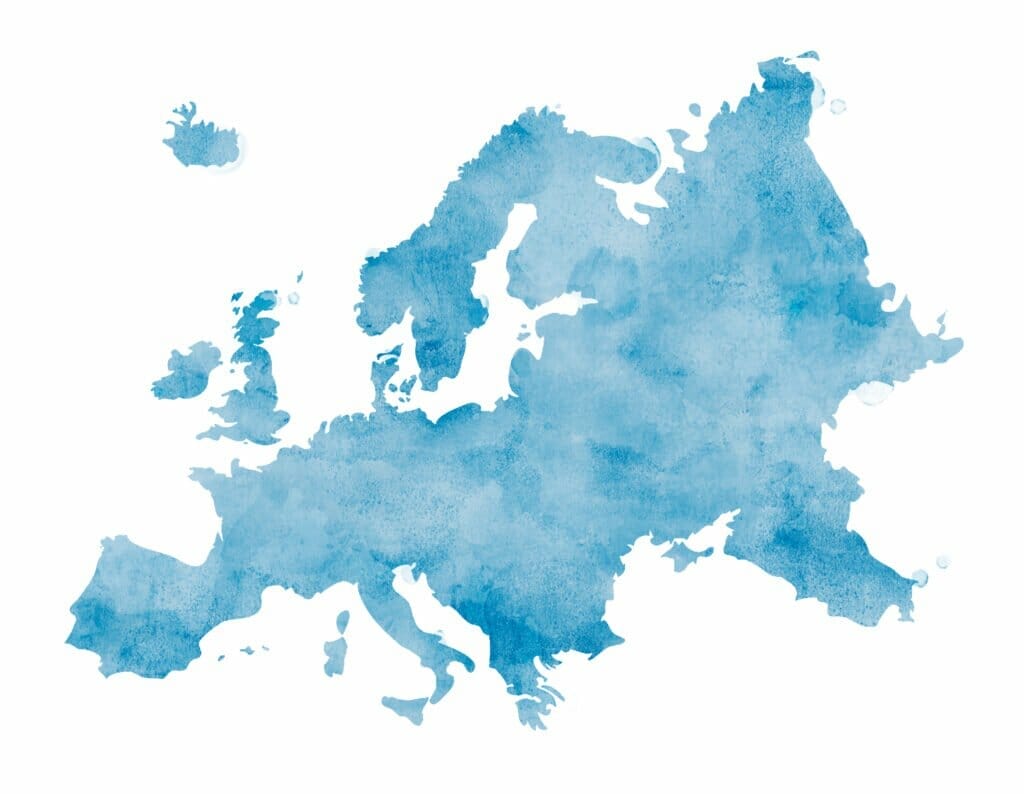
Get The Smartest Travel Tips Delivered Straight To Your Inbox So You Could Create The Adventurous Life You’ve Been Dreaming Of.
If you are planning your trip to Europe then you can reach out to us if you have any questions for free.
My Daily Travel Blog To Inspire And
Get You Motivated!
Hello and welcome to Chasing Whereabouts. My name is Sankalp, and I’m thrilled to have this travel blog where I write about the beautiful countries of Europe. If you’re planning a trip to Europe, here you’ll find tons of tips on how to explore Europe on a budget.
Traveling to Europe can be a lot of fun. It is a huge continent consisting of amazing countries offering various travel experiences. If you are one of those planning for a trip to Europe, I have got your back with our content that will inspire you to plan and go to Europe.
Europe is a nice place to be, whether you’re a tourist or a student. With so many countries and various cultures to view, it’s always nice to know how you can travel cheaply, what are the things you should buy before you leave and when it comes to food, there are some tips for sure.
Check out my blog for tips on travelling Europe as there might be tips that you don’t know of.
How I survived in Barcelona for 40€/Day
The Ultimate Road Trip: Renting a Car in Rhodes Greece
Montserrat Day Trip: How to Visit Montserrat from Barcelona
National Animal of Albania : The Golden Eagle
Day Trip from Nice to Villefranche-sur-Mer : Colourful Town
Can you Fly a Drone in Paris? Complete Guide for 2024
Kodak Mini Shot 2 Era Review – Embracing the Nostalgia of Film Photography
Top Instagrammable Spots in Nice: A Photo Guide

Sankalp Singh
I hope you are doing great, I just want to welcome you to this space where I share my stories and tips about Exploring Europe.
Enjoy reading them and if you have any questions about exploring Europe then don’t hesitate just contact me.



